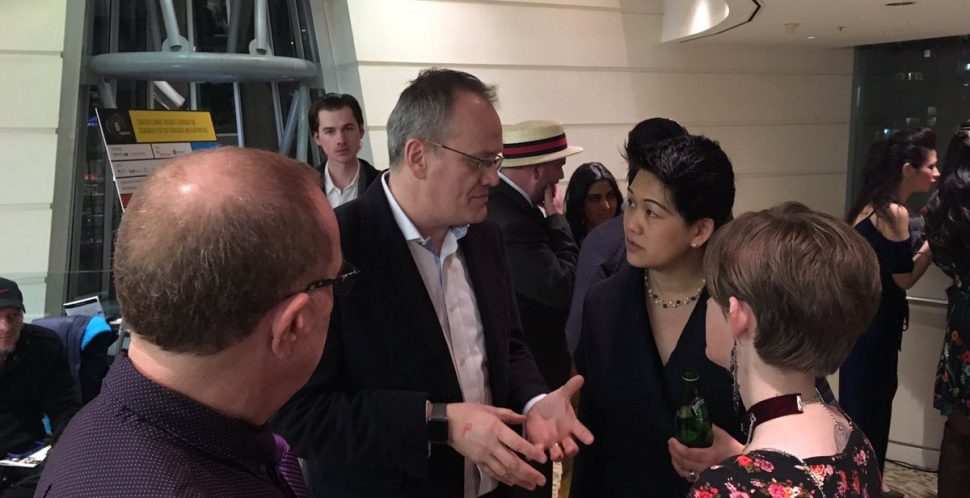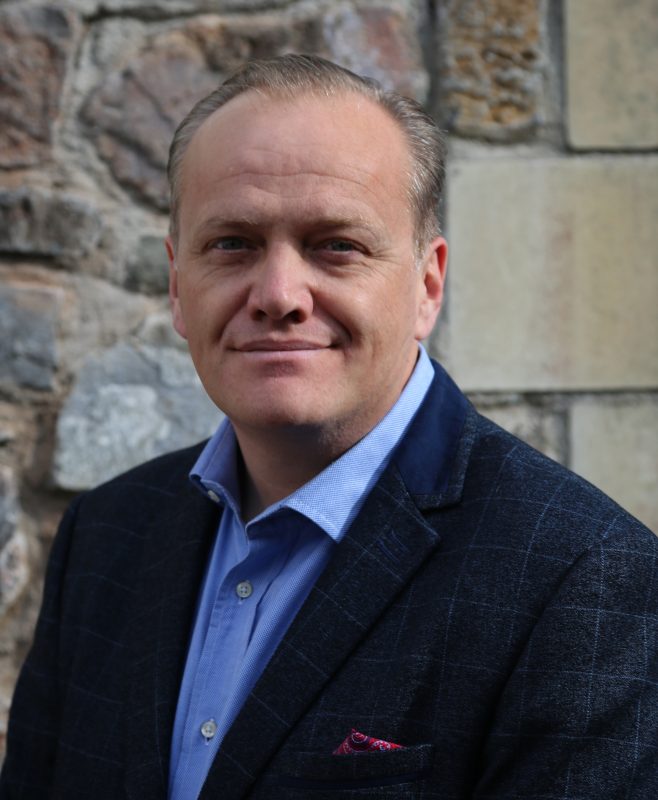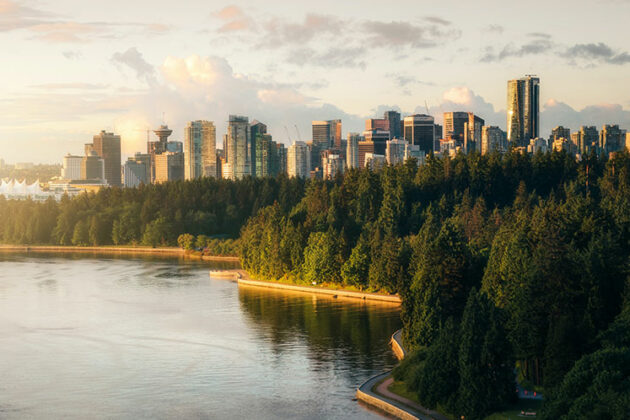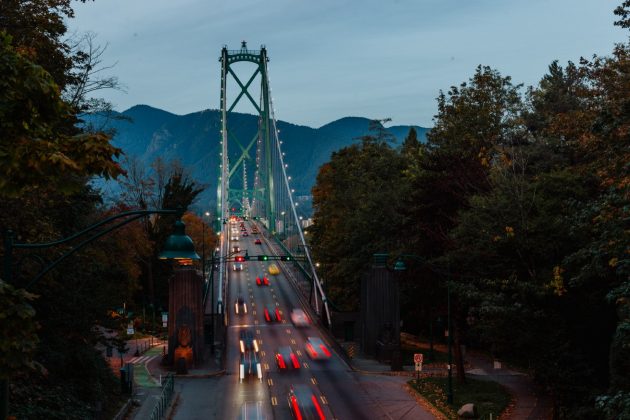Countless investment deals, co-production agreements, new films and infrastructure projects are conceived, negotiated and announced at major festivals.
Behind the red-carpet glitz and designer-brand trappings at the exclusive Festival de Cannes is its brisk business counterpart: the Marché du Film. International Film Festivals are the quickest way to take the pulse of the global industry.
Months ahead of any major film festival, prominent filmmakers and investors from around the globe will open or close emails with notes containing some variant of “See you there?” with the intention of carrying on more intimate conversations face-to-face. They fill their schedules to reconnect with old partners and co-producers – then end up squeezing appointments into their overcrowded calendars when they discover new leads or make new contacts.
“The work done at these important markets by Film Commissions is a long burn,” David remarked. “It’s not immediate. We’re talking to production companies and studios in timelines that are over six months, or sometimes years out.”
This narrative of the overbooked diary is one that Vancouver Film Commissioner David Shepheard resigns himself to every time the Festival de Cannes comes around; he has attended the Marché du Film circuit well over a dozen times. Between his efforts to wedge more meetings into his calendar, he sent out a flurry of emails inviting Cannes first-timers to tap him for advice. By the week leading up to Cannes, David had received replies from most of the 30 producers from Vancouver and BC who were heading to Cannes, some of them first-time attendees.
He invited them to let him know if there were any screenings, upcoming announcements or stories he should keep in mind or promote. He already knew about Okja, the Netflix-financed US-South Korea co-production that shot in Vancouver and competed for the prestigious Palme d’Or.
Incidentally, Okja was the centre of an unexpected controversy at Cannes, sparking an ongoing discussion about the role that online streaming behemoths like Netflix, Amazon and Hulu – all prominent clients of the Vancouver film and TV industry – play in the way feature films are released and viewed, and in the modern reality of film production.
In addition to the film festival circuit – although Cannes had wrapped weeks ago, the Banff World Media Festival is in progress and the Toronto and Vancouver International Film Festivals (TIFF and VIFF) are coming up in the fall – the Vancouver Film Commission has been doing research into the size and scope of Vancouver’s Film Industry over the last few months.
Although fired up about the conversations he had while attending the Film Markets, David has been characteristically reticent about the details. “There’s a lot of exciting announcements coming through later this year,” was all he’d say of most of the meetings.
Vancouver is hot with activity and we are excited for the future.
“Serial Film Commissioner” Settles: The Case for Building a Film Career in Vancouver
Vancouver has already benefited from the deep global network David Shepheard built during his time as a “serial Film Commissioner” when he was setting up or running film offices and agencies in London, the South West and the East of England, Abu Dhabi, and assorted consultancy appointments in Southeast Asia. A little while ago, we sat down with David to have a chat with him about his first couple of months. Here is a little more from that conversation.
You had a pretty good idea of what you’d be getting into, but were there any surprises you experienced?
What’s been the biggest and most pleasant surprise is the depth of the talent here. It’s not that I didn’t know Vancouver was impressive, but that’s an intellectual sort of knowledge, and that doesn’t stand up to actually seeing the amount of people who work in the business at a very high level. The talent here is some of the best in the world. You see it in the Producers and Directors, the crews, animation & VFX artists, construction and art departments; it’s further bolstered by the scale of ambition of business owners and production community.
One of the obvious factors of Vancouver as a business sell is the lifestyle. Would you consider yourself a prime example of this?
There wouldn’t have been many other cities I would have considered leaving London to live or work in. Vancouver ticked all the boxes. There’s no other city that we (as a family) would have considered moving to. In a way, it feels like I have the best gig in the world, because of the landscape, the city, the profile of the level of business we’re working with – it’s second to none.
What is the funniest (or most unbelievable) moment you’ve witnessed on-set that you’re allowed to talk to us about?
Ha. Keeping quiet is how you keep friends in this business.

 David Shepheard
David Shepheard

